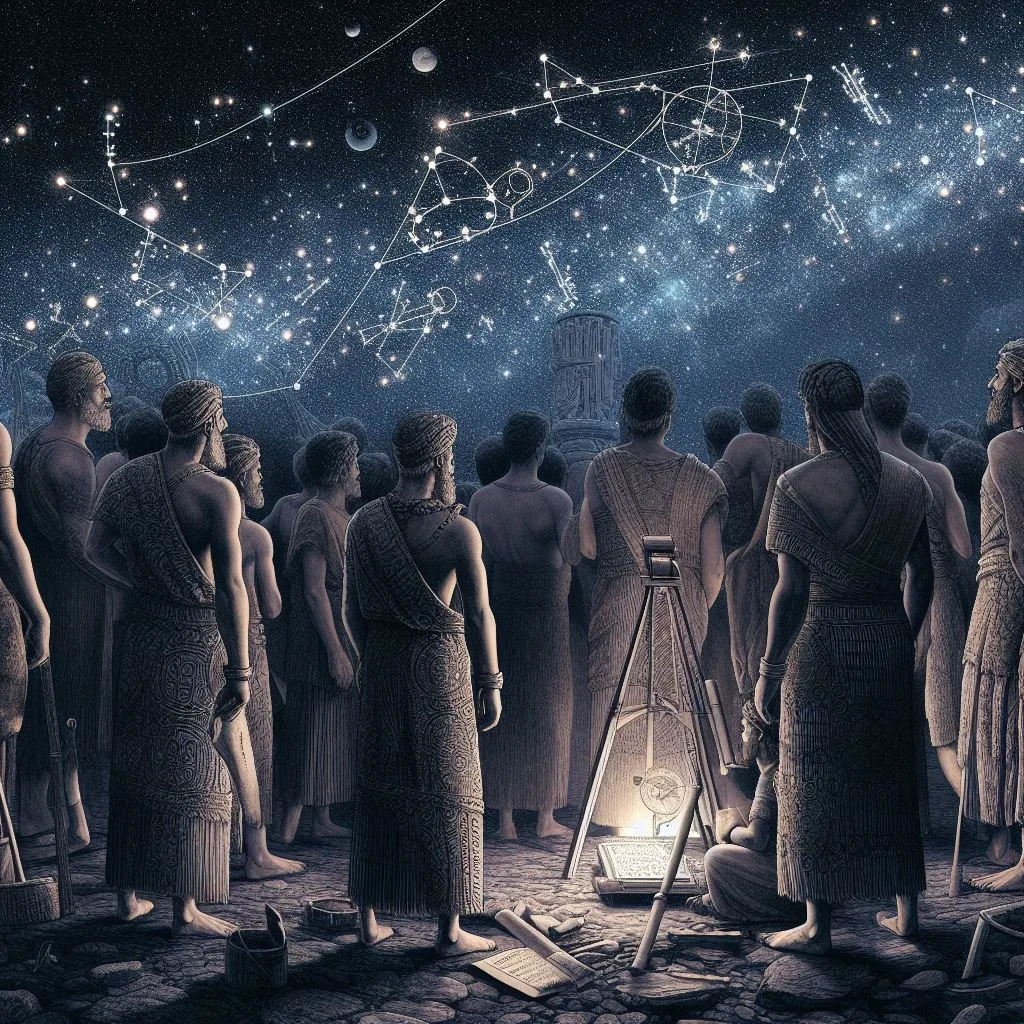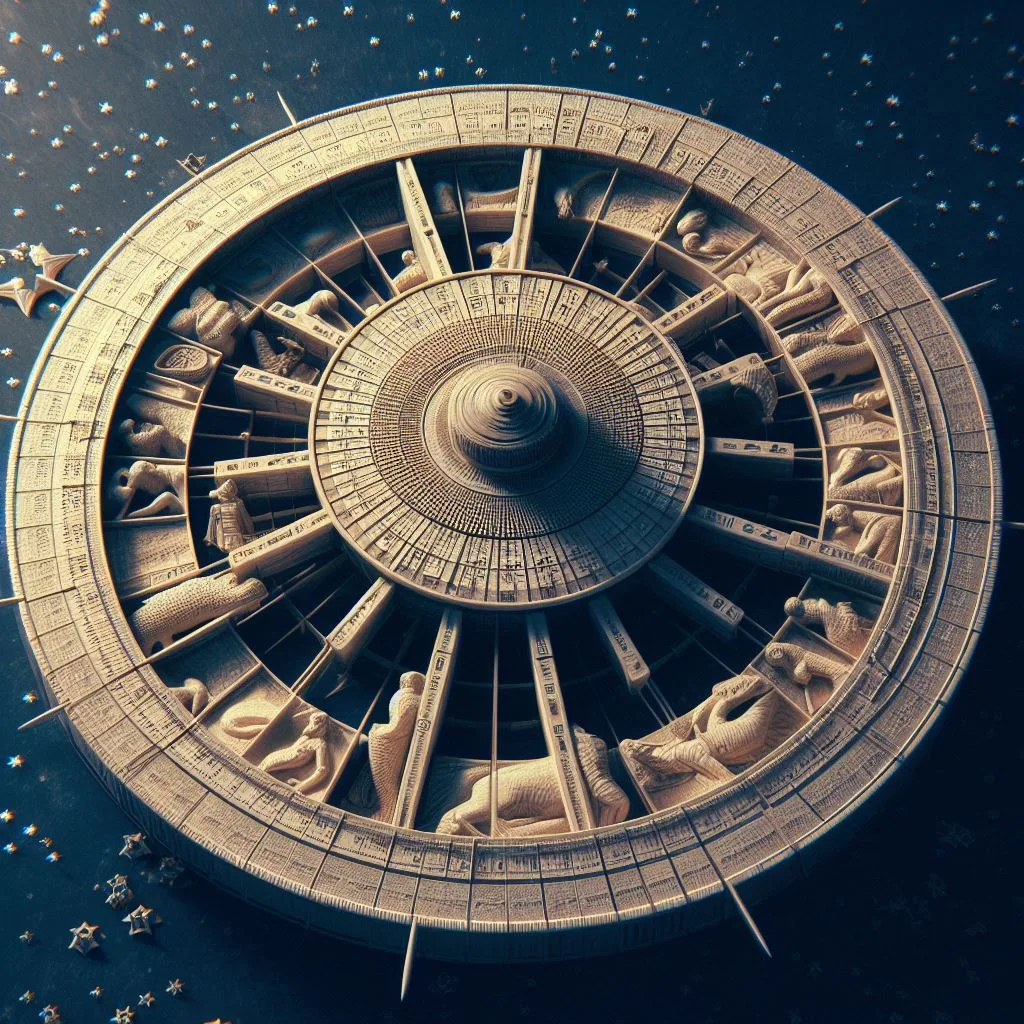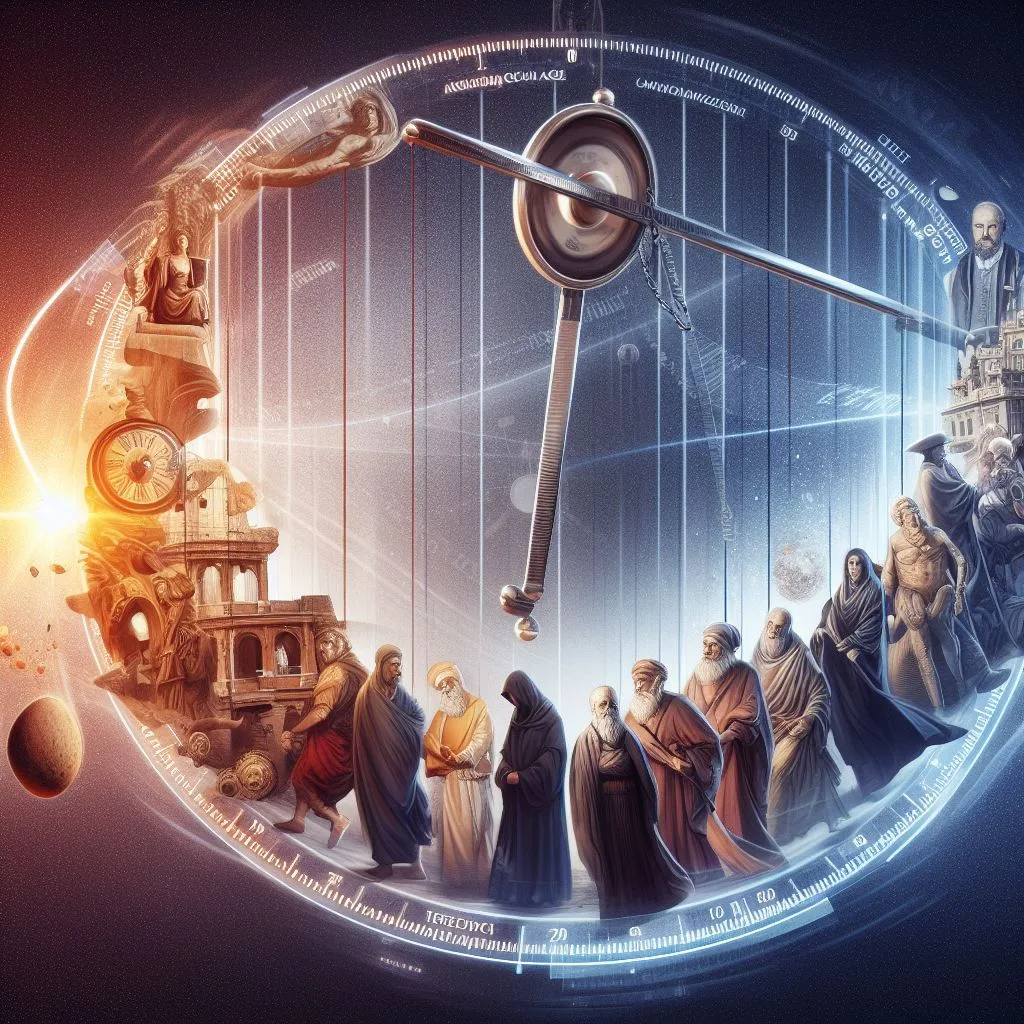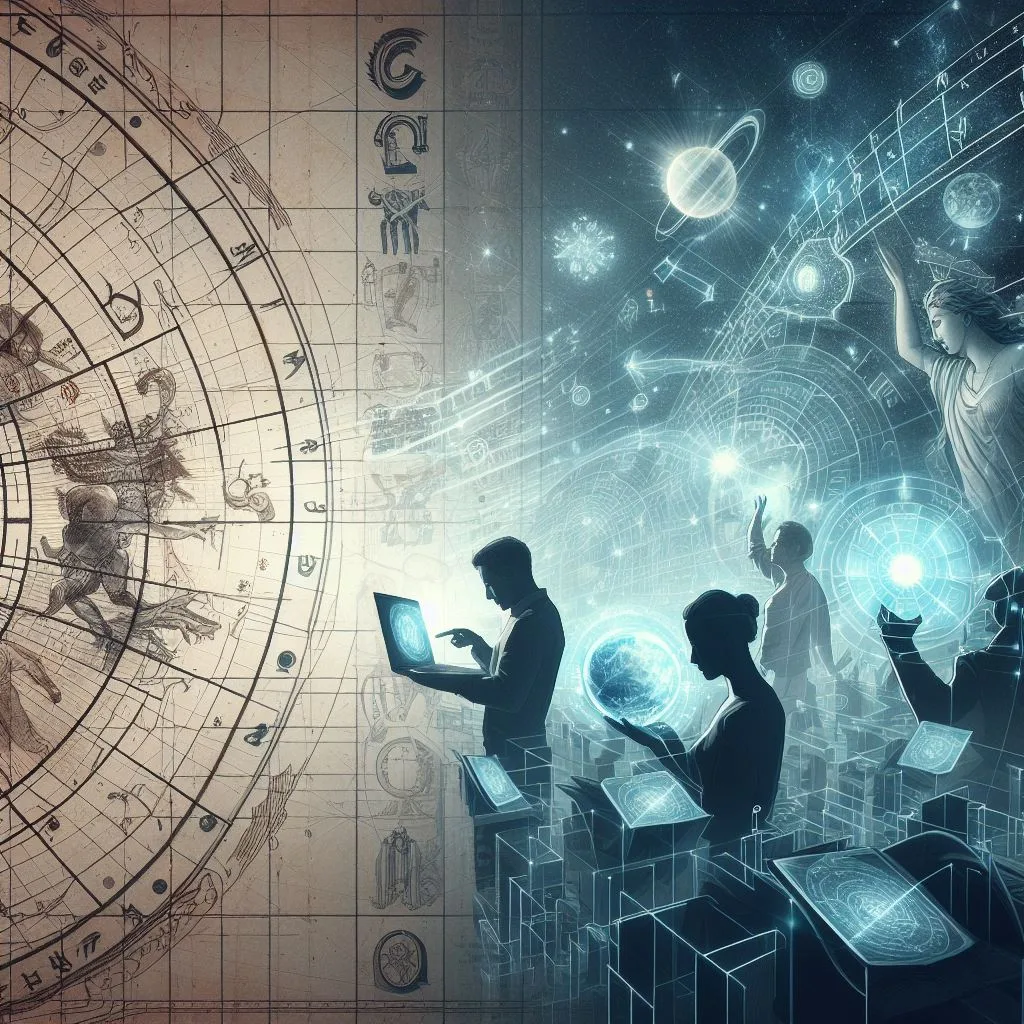
Embarking On An Astrology Voyage Through Time
Astrology, a divine amalgamation of celestial observation and mystical interpretation, has since ancient times, woven a tapestry that bridges our earthly existence to the cosmic realms. A question that often twinkles in inquisitive minds: How did astrology start?
article by Priya Deshmukh
The origins of astrology entwine with humanity's primitive gaze upon the night sky, seeking meaning amidst the celestial sprawl. Journey with us as we traverse through time, exploring the inception and evolution of astrology from antiquated civilizations to our modern-day cosmos.
Sumerians & The Birth Of Celestial Divination
The initial threads of astrology are believed to be spun by the Sumerians, circa 3000 BCE, in the fertile crescents of Mesopotamia. Their gaze upon the celestial dome transcended mere admiration, evolving into a sophisticated system where celestial bodies were deemed as deities, and their movements, a divine narrative influencing earthly events.

Sumerians meticulously observed planetary movements, eventually birthing the earliest form of astrological divination, which later flowed through the channels of time to influence the Babylonians - the civilization often attributed with developing a structured astrological system.
Structuring The Celestial Framework
Babylonians enhanced and structured astrological practices by developing the zodiac – a celestial circle divided into twelve 30-degree segments, each represented by a constellation, forming the foundational pillar of modern astrology. Their contributions extend to the ‘Ephemeris’, a table predicting planetary movements, which became instrumental in astrological forecasting and horoscopic astrology.

Through trade and conquest, Babylonian astrology cascaded into neighboring civilizations, permeating the astrological and astronomical practices of the Egyptians and the Greeks, consequently shaping the astrological doctrines that linger till today.
The Greek Enhancement: Bridging Cosmos With Individuality
Greek philosophers and astronomers, such as Ptolemy, imbued Babylonian astrology with a personalized dimension, integrating the concept of horoscopic astrology – wherein an individual’s fate and personality were interpreted based on the celestial positions at their time of birth.
The Greeks are credited with the consolidation of the Tropical Zodiac system, which aligns the zodiac with the seasons, thus linking celestial movements intricately with earthly temporal cycles, and laying down a framework through which individual horoscopes could be delineated.

The Pendulum Of Acceptance & Skepticism
Astrology, through medieval times and the Renaissance, oscillated between periods of widespread acceptance to instances of stark skepticism. In ancient Rome, while rulers such as Augustus openly embraced astrology, others like Constantine the Great exhibited skepticism and condemnation.
Through the Islamic Golden Age, Arabic scholars preserved and enhanced astrological knowledge, later re-introducing it to medieval Europe, where it intertwined with emerging scientific paradigms yet also, paradoxically, faced opposition from religious and scientific arenas.

A Cosmic Reconnection
In the contemporary epoch, astrology has witnessed a resurgent interest, particularly amongst millennials and Gen Z. The astrological narrative, with its symbolic language and psychological undertones, provides a framework through which individuals navigate through the complexities of modern life, explore identities, and seek purpose and understanding amidst the earthly and cosmic dance.
Digital platforms and technological advancements have significantly democratized access to astrological knowledge, enabling individuals to explore, understand, and integrate astrological wisdom into their lives, thereby propelling astrology into a realm where ancient wisdom coalesces with modern existence.
Astrology Is A Timeless Celestial Tapestry
Astrology, emanating from the ancient cradle of civilizations, has meandered through time, imbibing influences, facing scrutiny, and evolving in symbiosis with humanity’s spiritual and existential journey. From the meticulous observations of the Sumerians, through the structural contributions of the Babylonians and Greeks, to the oscillating acceptance and skepticism through ages, astrology has endured, offering a perpetual celestial companion through which we explore our existence, fate, and connection to the cosmos.
In the exploration of “How did astrology start?” we unravel a celestial tapestry that is intertwined with our earthly journey, an astral guide that has, and continues to, illuminate our voyage through the earthly and cosmic realms.
Published: 10/13/2023
Modified: 10/23/2023
More predictions
Come back here soon to learn more about yourself and your future





